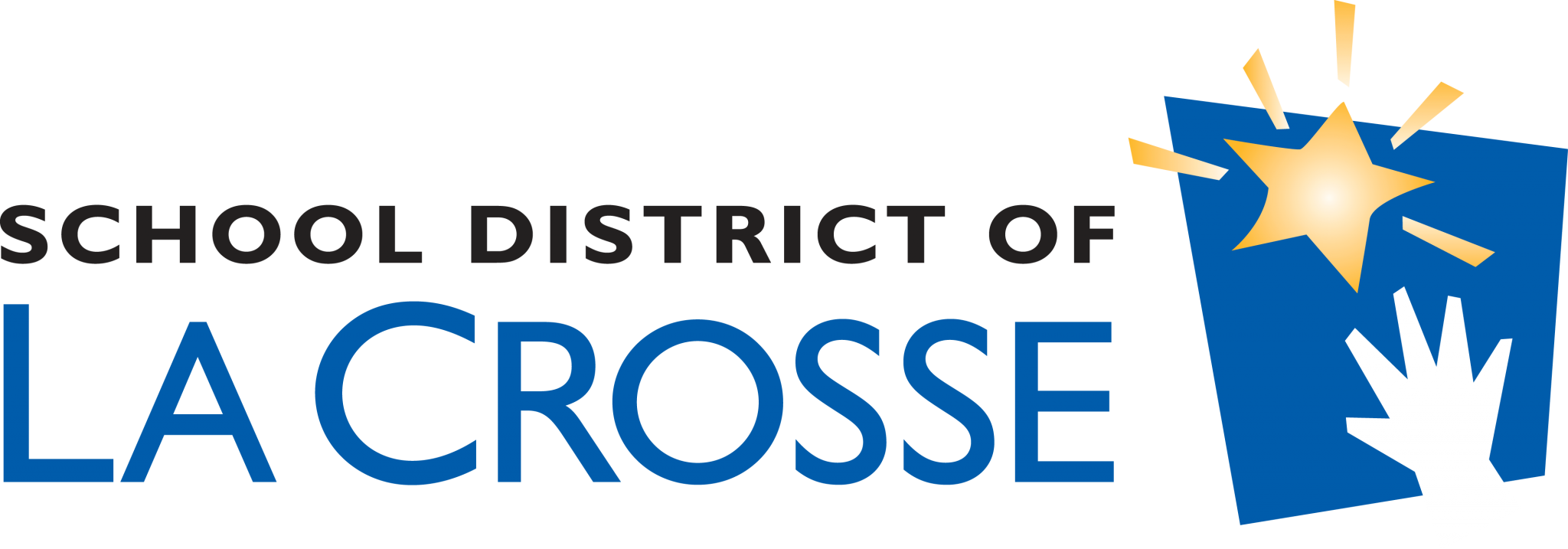Concerns about Runaway Behavior
Considerations when Supporting Youth
- Explore why youth is running away.
- If they need a break from a situation, give them a specific time frame in which they need to return and a physical space where they are allowed to go.
- It may be helpful to plan ahead for safe spaces where the youth can go for a break.
- If it is a younger youth, supervise them from a distance while they take their space.
- Let them know the consequences of running away. This may include consequences in the home or having them ticketed. Be prepared to follow through.
- Stay calm and provide reassurance by letting them know your priority is keeping them safe.
- If they have run away, check the places you think they may be and/or call the people you think they are with.
- If you know where they are, pick them up. It is the parent’s responsibility unless the youth is resisting, at which point it is appropriate to call 9-1-1 for help.
Call 9-1-1
- Call 9-1-1 to report them as a runaway. Have a recent picture, names of friends, and any other information specific to the situation. If the youth returns home after being called in, make sure to call back and let the police know.
- When calling 9-1-1, be ready to give the dispatcher the right information. This includes name, phone number, address, date of birth, people involved, a description of the situation, and what kind of help you need. It may be helpful to inform the dispatcher of the child’s mental health issues so that the responding officer is aware.
- Remember that 9-1-1 is an emergency response, and the goal of the responding officer will be to ensure safety and move on to the next call.
- There are several possible responses by law enforcement. Law enforcement may provide support to stabilize, transport youth to the Emergency Department for evaluation, write a ticket, and/or place a youth in detention.
- Once law enforcement arrives, the outcome is up to their discretion.
Connect with Supports
- There are several different ways to seek counseling or treatment. This includes a private therapist, a school counselor, mental health center services, and/or substance abuse treatment. Private therapists can be a licensed clinical social worker (LCSW), a licensed professional counselor (LPC), or a psychologist. This is usually covered by insurance and may occur weekly or every other week depending on treatment needs. Therapy is individualized and collaborative. A therapist may offer more frequent sessions if needed or may recommend a higher level of care as needed.
- Youth may also be able to receive counseling at school. This may be in the form of a school counselor who is accessible to all youth. The school counselor can give you more information about services available in the school.
- The School District of La Crosse also has a Student Family Assistance Program which offers short-term solution-focused interventions to support student mental health. If you are interested in this program, reach out to your school counselor.
- Youth in crisis may need more intensive support than outpatient therapy or school counseling.
Seek an alternative place to stay
- If the youth is running away because of a situation at home, consider a plan for them to stay somewhere safe while other steps are put into place.
- There are times when getting some space can stabilize a crisis. If there is a safe friend or family member in the picture, it may help for the youth to stay with them for a few nights, or until a plan can be made.
- If you need assistance in finding an alternative placement to support youth crisis stabilization, contact La Crosse County’s Mobile Crisis Team at 608-784-HELP (608-784-4357)
What Else Can I Do?
If you would like assistance getting help for yourself or you would like to refer your child, student or friend for professional services, reach out to your school student services offices for additional support and information.
Community Resource
Great Rivers 211
Great Rivers 2-1-1 offers free, confidential community information and referrals 24 hours/day. Dial 2-1-1 or (800) 362-8255 to talk to an information and referral specialist.
